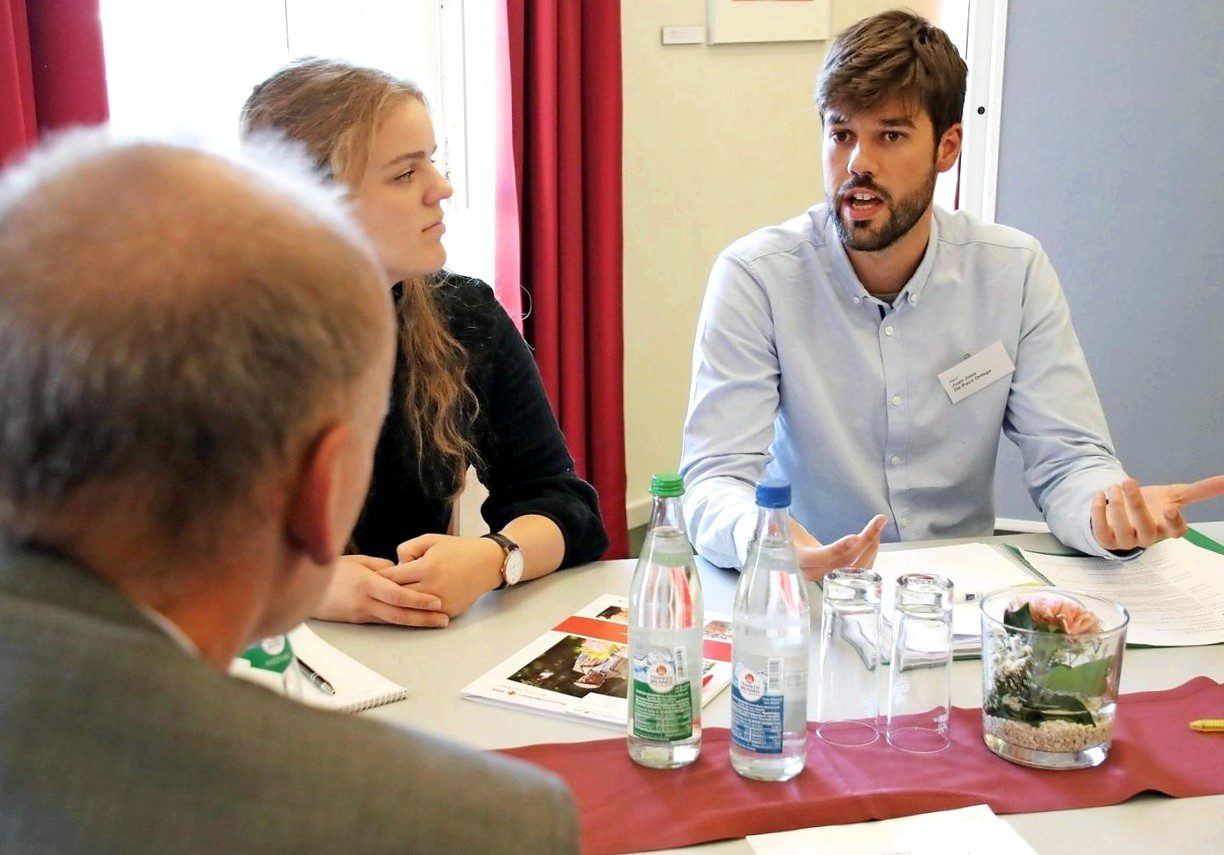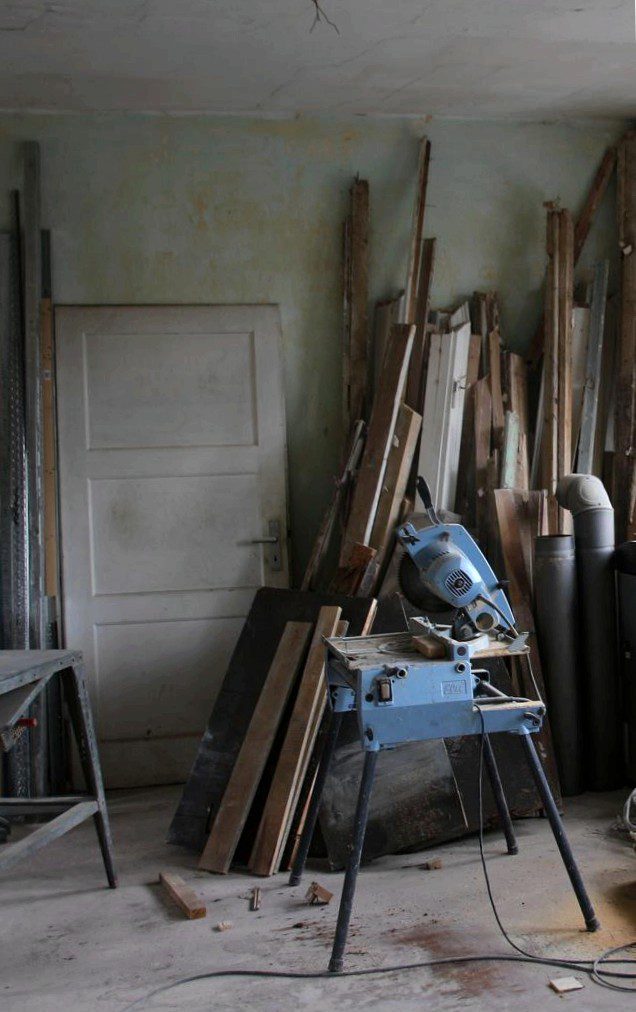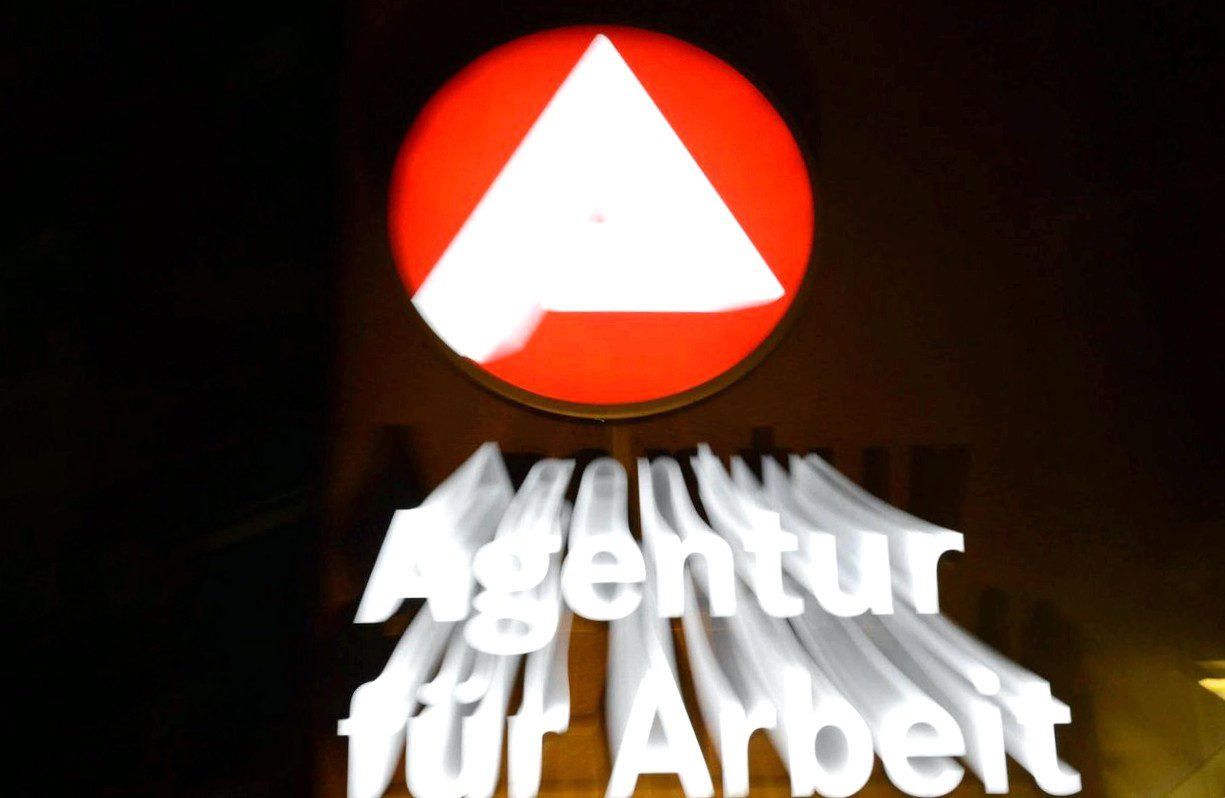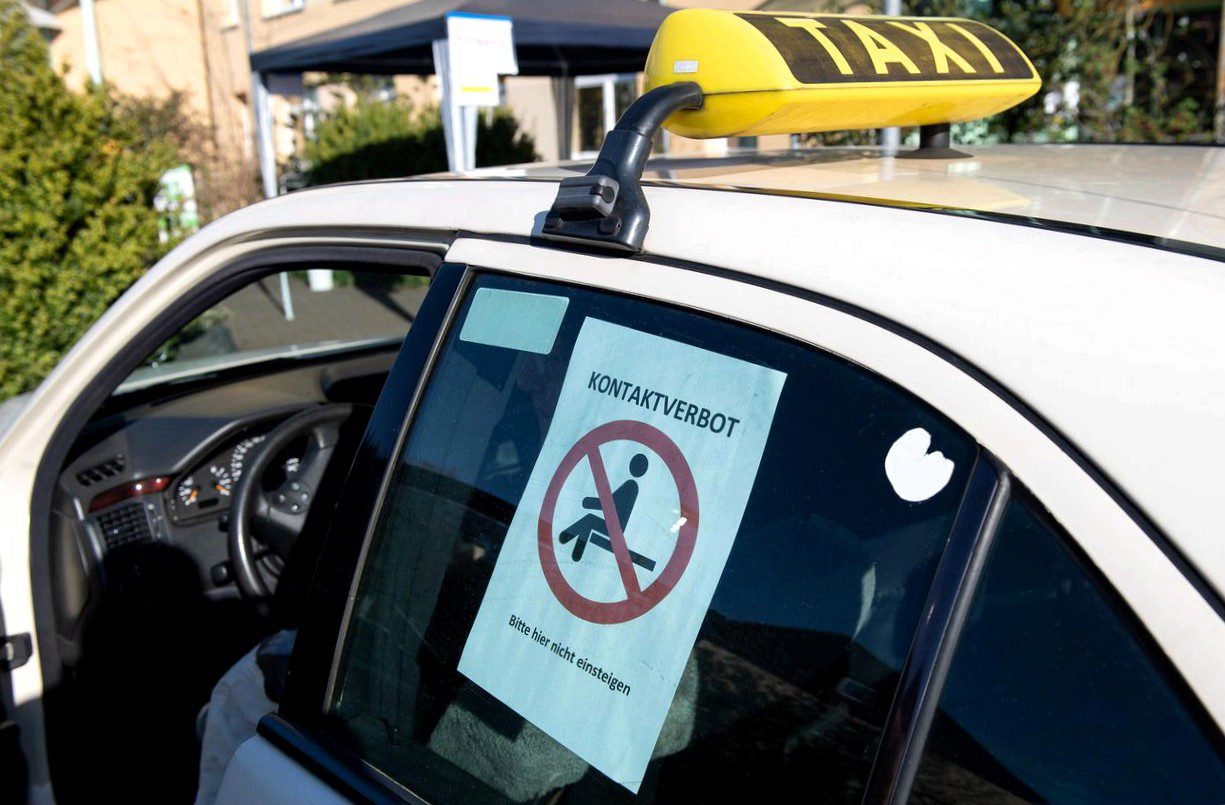“Perfect match” with juan ortega

At this point, there is a spark between juan jose de paco ortega and thomas schmitz: "brose bamberg, top-team!", says ortega, making a throwing motion. According to his resume and enthusiasm he is a basketball player and fan. Schmitz and ortega have 20 minutes to get to know each other. Schmitz is the director of the "seniorenwohnen am bruderwald" nursing home in bamberg, ortega prospective geriatric nurse from south spain. They meet in the bishop’s house for speed dating as part of the "proactive" project of the employment agency bamberg-coburg. The aim is to bring together employers from the region with applicants from other european countries and thus to counter the nursing shortage.
How rough it is can also be seen at this event: 14 employers are courting the favor of eight applicants, many of whom were happy to hire more than one. Schmitz had taken three, he says. It worked out "only" then with juan ortega.
Recruiting for applicants
Here, the courting is similar to that of classic dating. So after getting to know each other for the first time, he is asked whether a longer commitment is desired. A job after the apprenticeship is not only possible, as asked by ortega, but the goal, says schmitz. Then both show their "chocolate side": in senior living in bruderwald, people in assisted living and in the nursing area live next to each other, which brings some advantages. Sonja riedler, head of social services, talks about the "some couples move into assisted living". If one of the partners gets worse, he or she can move within the house and the couple stays together." The residents of both areas and the employees often came together through many events such as concerts and the cooperation with the kindergarten, the dog visitation service, the clinic clowns and others. Schmitz adds that he has had the pleasure on several occasions of seeing the children of residents who later moved in himself. The young team also has a family atmosphere; they support each other and sometimes even meet during their free time, says riedler.
"Very good", says ortega in german. He has translated his resume himself, but for the rough part of the language interpreter linda hacker is needed. It quickly became clear that ortega had informed itself extensively about the home in advance. "I was very positively surprised", says schmitz.
Ortega wants to go to germany because he hopes for better working conditions – as do most of the other applicants, such as elena vargas, whom schmitz and riedler spoke with earlier. In spain, ortega was employed as a physiotherapist by a carrier with several houses. He often had to move between departments, some of which were several hours’ drive away.
He is now looking forward to a permanent job, early duty scheduling and the salary he can expect (as a helper 1950 euros, as a specialist in three and a half years 2650 euros gross). Schmitz and ortega are a "perfect match, how it works in dating – a bull’s eye.
How it continues
Of the 14 employers from bamberg, coburg, forchheim and lichtenfels, three were found, all three from the bamberg area. The future geriatric nurses are first shown around the facilities, then they go back to their home country. Here they take part in a german course. Starting in february 2019, they will enter facilities, initially as relief workers. At the same time, they are improving their german skills in an intensive course. From 1. September they begin a three-year training program. The project is financed by the federal employment agency and the eures program (european employment services), which is managed by the EU commission. Eures finances travel and accommodation at the speed-dating event and later part of the relocation costs from eu demand funds. The labor agency takes over 75 percent of the helper’s salary and 50 percent of the trainee’s salary.
"Reactions from home managers and applicants were very positive. Even employers who didn’t make the cut want to get back in the game", says wilhelm schmitt from the bamberg-coburg employment agency, who organizes the speed-dating event together with his colleague and eures advisor sebastian ziegelmuller. According to schmitt, the program is a rough success "but it can’t cover the needs by far." In the bamberg area alone, there are 45 employers who have registered a need for elderly care specialists with the agency.
A shortage of up to 80,000 specialists
Germany lacks between 25,000 and 80,000 caregivers, according to reports. "The project is only one building block, several are needed." Schmitt hopes that after the successful first round, more applicants will now come forward.
"If someone comes forward after the fact, we will take him over even in the short term", says schmitz.
RELATED POSTS

A price for house for three generations |
After the fire in the old town, things are looking up again |

The spring upswing is slow in coming |

Poll: majority of germans in favor of extending the contact ban The majority of germans are against a relaxation of the contact ban to contain the corona pandemic. In a poll conducted by the opinion research institute… |
